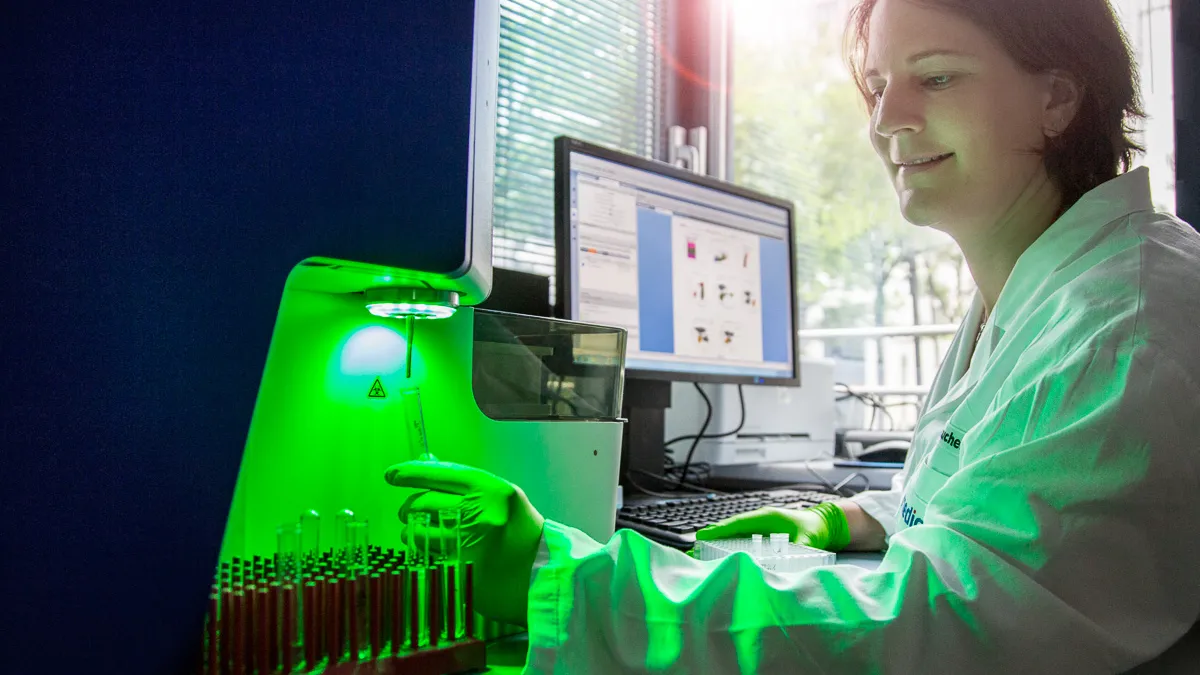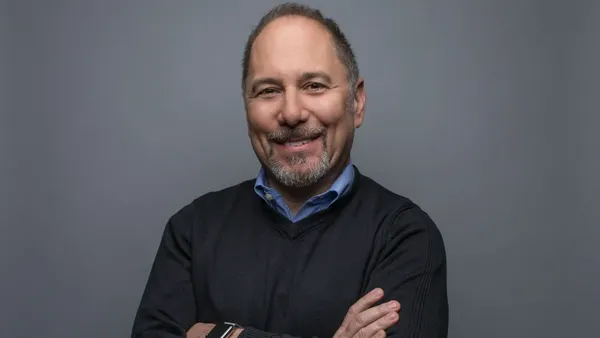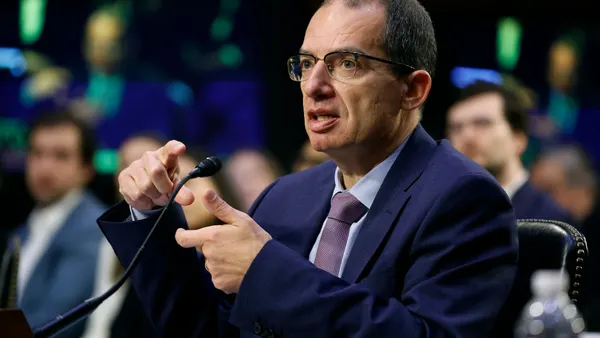BioNTech, a company that became a household name for developing a COVID-19 vaccine with Pfizer, recently helped raise the profile of another German company — Medigene — through a freshly inked deal.
Medigene, a clinical stage oncology company, develops therapies that arm a patient’s own T cells with tumor-specific T cell receptors, resulting in what are called TCR-T cells that aim to kill cancer cells. Under the collaboration announced in late February, Medigene received 26 million euros – or $29 million – in upfront and research funding to co-develop cancer immunotherapies for multiple targets.
As part of the agreement, BioNTech will tap Medigene’s discovery platform and acquired a preclinical asset, with the exclusive option to acquire additional programs.
The companies’ bond goes back decades, says Dolores Schendel, CEO and chief scientific officer of Medigene. Here, she talks about the origins of the deal, how Medigene plans to use funds, and the power of the company’s discovery platform.
PharmaVoice: How did this partnership with BioNTech come together?
Dolores Schendel: One has to stress that the whole field of immunotherapy — using the immune system to fight cancer — has deep, deep academic roots. It grew out of academic research laboratories, with entrepreneurial thrusts to try to move some of those things into a commercial arena. BioNTech started with a deep interest in cancer vaccines. Medigene started in the arena of TCR-T therapies. BioNTech also has that interest because of its broad dimension. Medigene also has a dendritic cell (DC) vaccine platform. So we all started with the interest of, what are the tools we could put in place?
I have known the founders of BioNTech since they were young medical students, because we've all been in the same field together. And in fact, they spent a few weeks learning how to grow T cells in my laboratory some decades ago. When Medigene made its strategic switch to solid cancers, we said we need to have a substantial partnership around such a program. It's likely to be international, it’s a fast moving field.
I got to rank the companies I thought would be a good match for Medigene and of course BioNTech was at the top of my list because the two companies have their home sites in Germany, parallel interests and know each other as scientists over the decades. As they learned more specifically what we were doing, the complexity of the deal got deeper, broader and wider.
Medigene received $29 million upfront in the deal, as well as research funding. How will these funds be used?
We will use the funds to continue to drive our own programs forward. We have a runway until Q4 2024 at our current rate of spending. This allows us to get through this really difficult period on the markets for biotech companies. BioNTech acquired our most advanced clinical development asset with this deal, and therefore we need to move up the next ones and get them far enough along to initiate our own future clinical development projects.
Besides moving potential candidates forward for clinical studies, our work is in T cell receptor discovery. We are also a very science driven company that developed innovative tools for future TCR-T therapies. BioNTech in-licensed some of those tools.
How do T cell receptor immunotherapies fit into the wider landscape of cell therapies?
The immune system evolved two branches to deal with cells that the body doesn't want to have around. There’s antibody therapies where companies develop reagents for treatment of cancer based on antibodies. The other arm of the immune system is the T cell. It has a completely different spectrum of what it can recognize in cancer cells.
Proteins can be picked up by HLA (human leukocyte antigen) molecules, which are receptors in essence for peptides inside the cell, and then displayed on the surface. The immune system then has an enormous repertoire to recognize these unique structures on tumor cells. T cell receptors are binders for T cells to dock them onto tumor cells.
Antibodies are soluble. They deal with things on the outside of themselves. T cell receptors have this capacity to target things inside themselves. We also have a project directed toward dark matter.
What makes your platform technology unique?
With our platform technologies, because we bypass the need for patient cells, we work only with repertoires of healthy donors. Our priming technology gets to receptors without looking for a needle in a haystack. The best is going to come sporadically out of the repertoire of one donor. We look at 30 donors. This gives us the flexibility to look at peptides of all types. We can explore whether something is it all immunogenic for T cells. It also allows to explore peptides presented by HLAs. Which means we can go from the half to 40% of Caucasians that have the HLA-A2 allele to 90% of the world population that has different HLAs. And that’s I think the real power of our technology.








